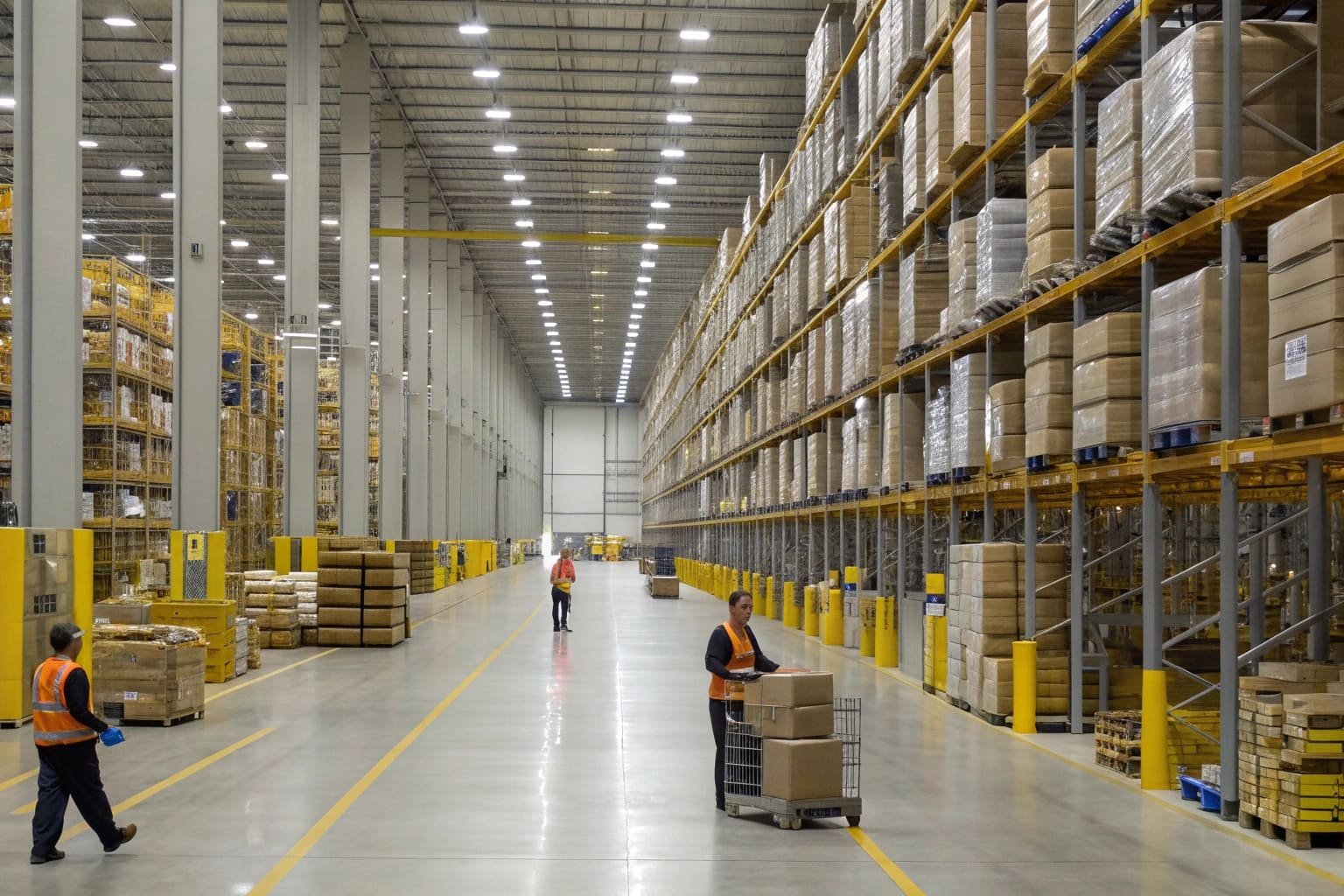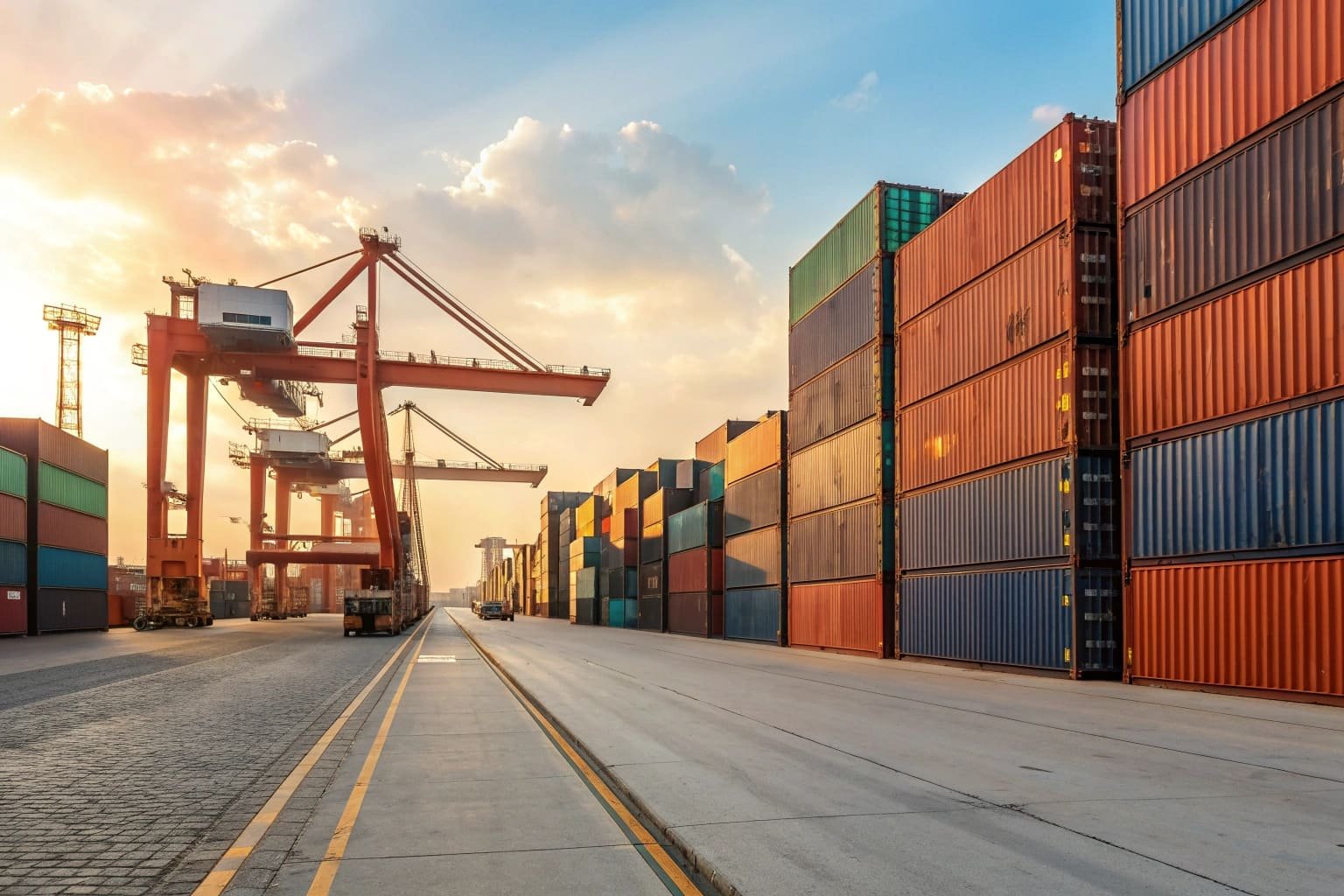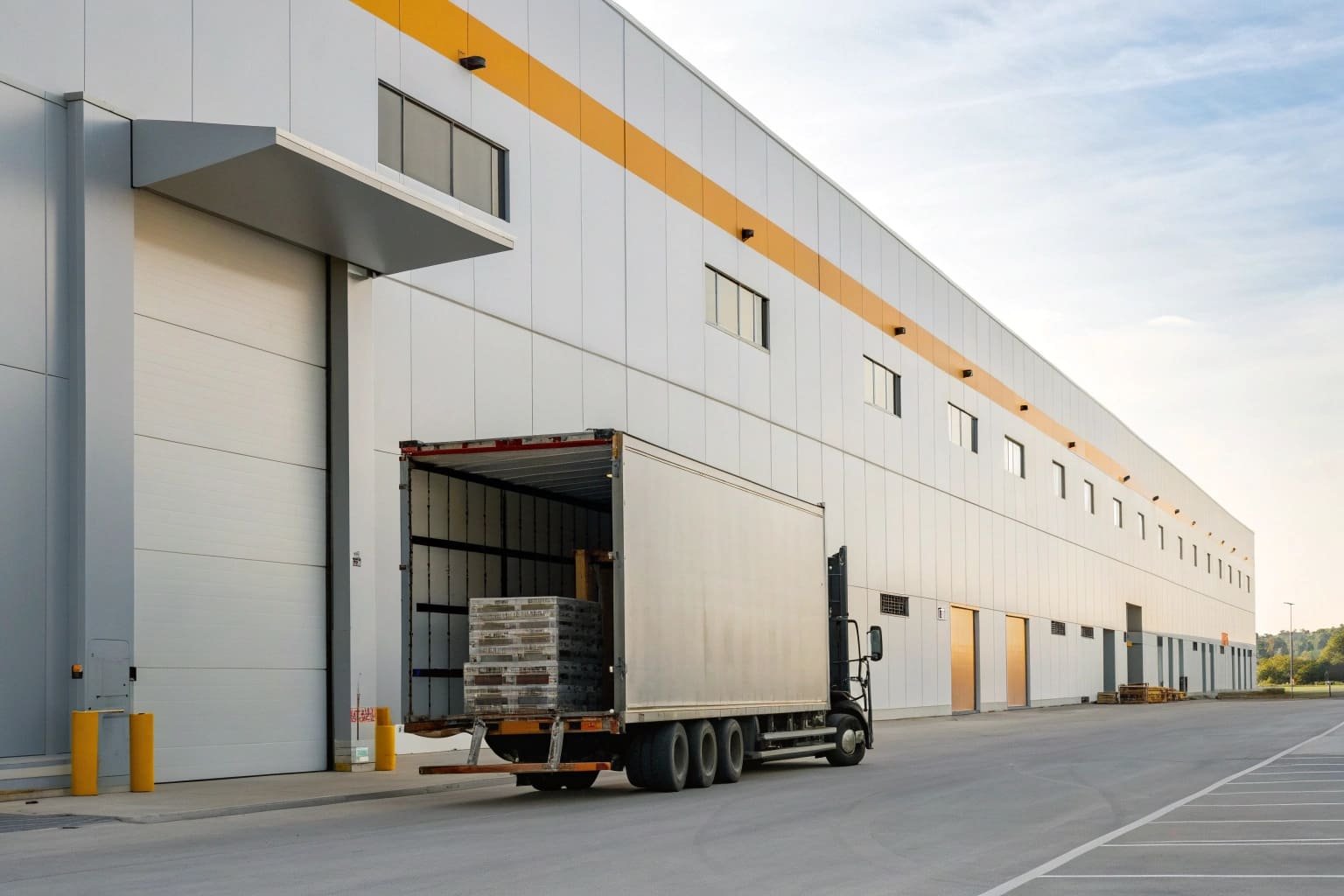International shipping can be confusing, especially when you encounter terms like DDU (Delivered Duty Unpaid). If you’re a buyer, understanding DDU and how it impacts your responsibilities is important. In this guide, we'll explain what DDU means, how it works, and how it affects you as a buyer importing goods.
What Does DDU Mean in Shipping?
DDU steht für Delivered Duty Unpaid, which is a shipping term used in international trade. When you purchase goods under DDU terms, the seller is responsible for getting the goods to a destination country, but you, as the buyer, are responsible for paying any import duties, taxesund customs clearance fees once the goods arrive in your country.
In simple terms:
- Die seller covers the shipping costs and delivery to a specific location in the destination country.
- Die buyer is responsible for paying import-related costs, including customs duties and taxes, once the goods reach the destination country.
Unlike DDP (Delivered Duty Paid), where the seller handles all these costs, DDU shifts the responsibility to the buyer for any extra charges at the destination.
Key Points of DDU:
- The seller takes care of the shipping costs up to the destination (but not customs-related fees).
- The buyer pays for customs duties, taxes, and any handling fees.
- It's commonly used in international shipping when the buyer and seller are in different countries.
DDU vs. DDP (Delivered Duty Paid)
One of the biggest questions buyers have when dealing with international shipping is how DDU compares to DDP. Here's a breakdown of the differences:
DDP (Delivered Duty Paid)
- DDP means that the seller takes care of all costs, including shipping, customs duties, taxes, and any fees required to get the goods into the country.
- The seller is responsible for clearing the goods through customs and delivering them to the buyer’s door.
- DDP is ideal for buyers who want a fully managed delivery experience where they don't have to worry about additional customs-related costs.
DDU (Delivered Duty Unpaid)
- DDU, on the other hand, means that while the seller handles the shipping and delivery to the destination, the buyer is responsible for paying all import duties, taxesund handling fees once the goods reach the destination country.
- DDU can be more economical upfront since the buyer doesn't pay for the seller’s customs costs, but it can lead to unexpected fees and additional responsibilities on the buyer’s side.
Wesentliche Unterschiede:
- DDP is more convenient for the buyer since the seller handles everything, including customs and taxes.
- DDU places more responsibility on the buyer to manage the customs clearance process and pay additional costs like taxes and duties.
Buyer Responsibilities Under DDU
When purchasing goods under DDU, as a buyer, you have a few important responsibilities:
1. Import Duties and Taxes
Once your goods arrive in your country, you will need to pay import duties and taxes. These are fees imposed by your country’s customs office based on the value of the goods, their classification, and the weight of the shipment.
2. Customs Clearance
As the buyer, you will need to clear the goods through customs. This usually involves submitting documents like:
- Die invoice for the goods showing their value.
- Formulare für die Zollanmeldung.
- Any other documents required by your country’s customs authorities.
3. Delivery and Handling Fees
Even though the seller covers the shipping cost to your country, you may still need to pay for additional costs like storage, handling, and delivery once the goods have cleared customs.
Tip: Always check with your local customs authority to get an estimate of the costs and paperwork you might need before placing an order.
Benefits of DDU for Buyers
Während DDU places more responsibility on the buyer, there are a few advantages to this arrangement:
1. Control Over Customs Process
With DDU, you have control over the customs clearance process. You can choose your own customs broker, negotiate rates, and make sure the correct paperwork is in order. This can be a benefit if you are familiar with the process.
2. Potential for Lower Upfront Costs
Because the seller only handles the shipping costs, you won’t need to pay for duties and taxes upfront, which can help with cash flow, especially if you are a smaller buyer.
3. Choose Your Own Shipping and Customs Brokers
When using DDU, you have the freedom to select your Zollmakler or shipping company. This is useful if you already have trusted partners in place who can help with the process.
Challenges and Considerations for Buyers
Während DDU has its benefits, there are some challenges to consider:
1. Unexpected Costs
One of the major drawbacks of DDU is the possibility of unexpected costs. You may not know exactly how much the customs duties, taxes, or clearance fees will be until the goods arrive. These charges can vary depending on the country and type of goods.
2. Customs Delays
Customs clearance can sometimes be delayed, especially if the buyer is unfamiliar with the process or if documentation is missing. This can result in delays in receiving your goods, or even additional storage fees at the port.
3. Risk of Miscommunication
Since the seller is only responsible for the delivery, any shipping errors or missing documentation may be up to the buyer to resolve, which can lead to confusion or delays.
Tip: It’s recommended to work with a reliable customs broker and plan ahead for potential issues that might arise during customs clearance.
How to Manage DDU Shipments
Here are some tips to make managing DDU shipments easier:
1. Research Customs Regulations
Before placing an order, it’s important to understand your country’s customs regulations. This includes knowing what duties and taxes you might have to pay and any specific restrictions on the goods you’re importing.
2. Zusammenarbeit mit einem Zollmakler
If you're unfamiliar with the customs process, you may want to hire a Zollmakler. They can help you with paperwork, customs duties, and ensuring your goods clear customs smoothly.
3. Ensure Proper Documentation
Make sure the seller provides you with all necessary documentation, such as invoices, shipping details, and any customs forms. The more complete the paperwork, the faster your goods will be processed.
4. Plan for Additional Fees
When purchasing under DDU, it’s a good idea to factor in extra costs for customs clearance, taxes, and other fees. Make sure you have enough budgeted to cover these costs when the goods arrive.
Schlussfolgerung
DDU (Delivered Duty Unpaid) is a common shipping term that means the buyer is responsible for paying import duties, taxes, and handling customs clearance when goods arrive in their country. While DDU shifts more responsibility onto the buyer, it can also offer benefits like lower upfront costs and more control over the customs process.
Understanding the responsibilities involved in DDU will help you avoid unexpected costs and delays. By planning ahead, working with trusted partners, and staying informed, you can manage DDU shipments smoothly and ensure a successful international transaction.
Final Tip: Before committing to a DDU arrangement, check the possible costs, customs regulations, and plan for any additional charges. By taking control of the customs process, you can save time and money on international shipments.
If you're looking for a reliable partner to help you navigate the complexities of international shipping, Mbmlog is here to assist. With years of experience in global logistics and customs management, we offer comprehensive services designed to streamline your shipping process. Whether you need help with DDU shipments or want to explore other shipping terms, our team is dedicated to providing cost-effective and hassle-free solutions.
Contact Mbmlog today for a consultation, and let us simplify your international shipping experience.






